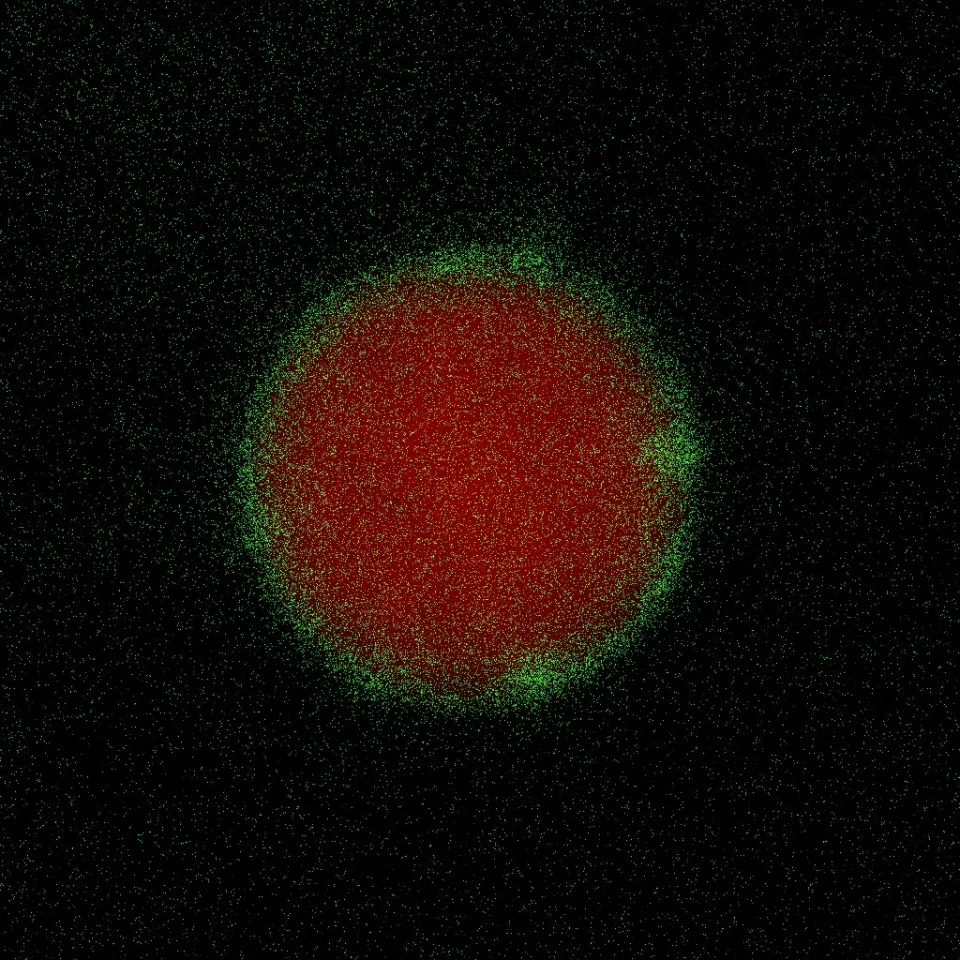Male infertility is a serious issue, often caused by low sperm counts. Now, researchers at Seoul National University have developed a way to deliver nanoparticles loaded with certain proteins directly into the testes. In tests in mice, previously infertile animals were soon able to father pups at a similar rate as unaffected mice.
Similar to the structure that protects the brain, the blood-testis barrier (BTB) separates reproductive cells from the blood, where harmful substances could be circulating. If this barrier is damaged, it can lower sperm numbers, which can in turn reduce fertility.
A protein called PIN1 has been identified as playing a key role in developing the barrier, so for the new study the researchers investigated how to boost levels of that protein in the testes to rebuild the barrier and, hopefully, improve fertility.
To deliver the proteins directly to the testicles, the team developed a system they call Fibroplex, made up of silk fibroin nanoparticles coated in lipids and loaded with PIN1 proteins. These were then tested in male mice that had been rendered infertile by being engineered to lack PIN1, resulting in smaller testes, depleted sperm stem cells and as such a lower sperm count.

The team injected the Fibroplex directly into the testes of the engineered mice when they were young, and found that their testicles grew to a normal size and weight. Their sperm count improved as well, although it remained about 50 percent that of wild-type mice. That didn’t seem to affect their fertility though – over the next five months, the treated mice managed to father around the same number of pups as the wild-type animals. PIN1-deficient mice that didn’t receive the treatment, meanwhile, remained infertile.
The team says this is the first time a direct delivery of proteins to the testicles has been demonstrated to treat male infertility. It’s obviously still early days for the research, since it hasn’t yet been tested in humans, but the need for these treatments is clear. Comprehensive studies have recently shown that sperm count and quality are dropping drastically in Western men – and there’s only so much fish oil, nuts and tomatoes a man can eat to try to improve it. Other aids are in development too, such as molecules that help guide sperm to eggs or motorized “spermbots” that give weaker wigglers a boost.
The new research was published in the journal ACS Nano.
Source: American Chemical Society





